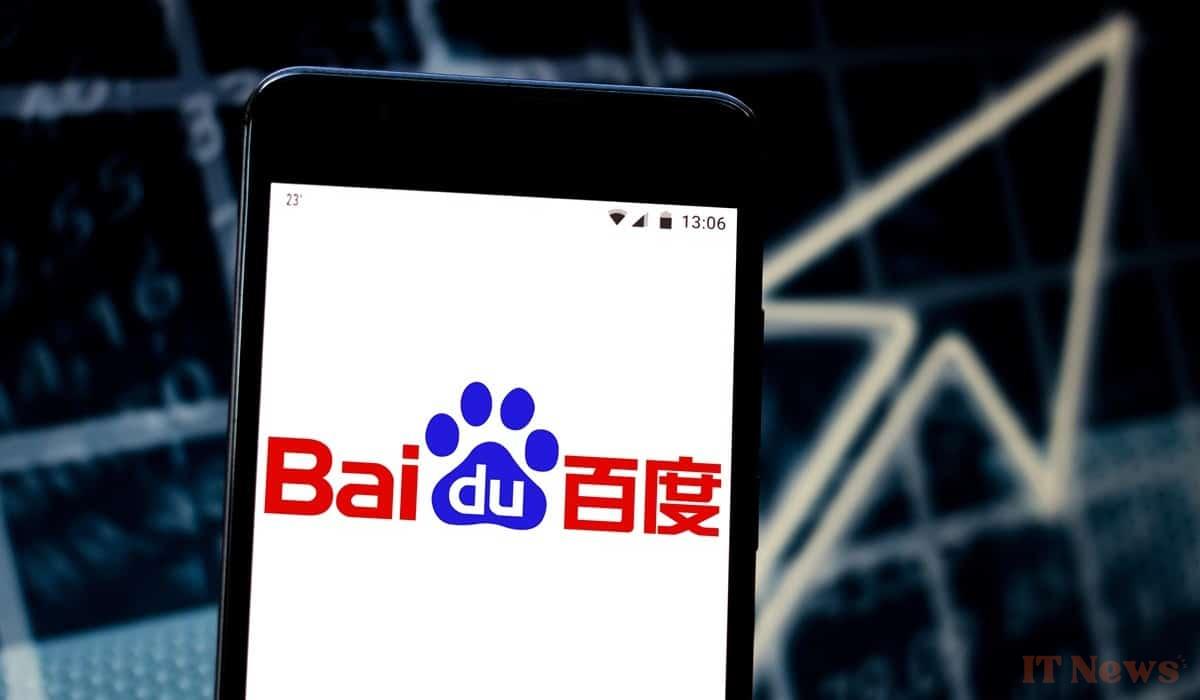The Chinese giant has unveiled Ernie 4.5 and Ernie X1, two new AI models designed to compete with heavyweights like DeepSeek and OpenAI. The challenge? To offer more powerful and more affordable technology in a Chinese market where competition continues to intensify.
Ernie X1: the model designed for advanced reasoning
With Ernie X1, Baidu wants to make a big impact. This model focuses on exceptional reasoning capabilities, an area where DeepSeek R1 has already established itself. But Baidu isn't content to match its rival: Ernie X1 promises similar performance while costing half as much.
According to Reuters, this model excels in understanding, planning, and autonomous thinking. Its major advantage? An unprecedented ability to use tools independently, which could be a game changer in autonomous AI applications. By developing intelligence capable of interacting with its environment in a more fluid and intuitive way, Baidu is positioning itself as a key player in the next stage of AI.
Ernie 4.5: the offensive against OpenAI and GPT-4o
At the same time, Baidu is unveiling Ernie 4.5, an improved version of its main model. Its objective: to compete with GPT-4o by relying on advanced multimodal intelligence. Capable of interpreting and processing information from multiple sources, this model could respond to the growing demand for ever more adaptive AI.
One of its strengths lies in its ability to understand complex nuances of language, including online humor and satire. This advancement could enable more natural interaction with users and better integration of AI into everyday uses, particularly on social networks and content platforms.
Fierce competition in the Chinese market
The rivalry between Baidu, ByteDance, and Tencent is pushing innovation at a frenetic pace. DeepSeek has struck strong with high-performance and affordable models, and Baidu has no choice but to follow this trend. The Chinese state's support for certain initiatives, such as DeepSeek, further increases the pressure on private players, forcing them to innovate to remain competitive.
This competition, however, has a beneficial effect: it stimulates investment and the continuous improvement of local AI technologies. In a strategic sector where China wants to assert itself against the United States, every advance is closely scrutinized, and Baidu plays a decisive part in this equation.
Towards a democratization of AI?
With these new models, Baidu is not just responding to the competition: the company is seeking to make AI more accessible. By reducing the costs of access to cutting-edge technologies, it opens the door to wider adoption, including by startups and SMEs that would otherwise lack the means to develop their own models.
This upheaval could redistribute the innovation landscape in China, allowing a greater number of players to explore the potential of AI. But it also raises regulatory questions: how can we regulate these increasingly powerful technologies?



0 Comments